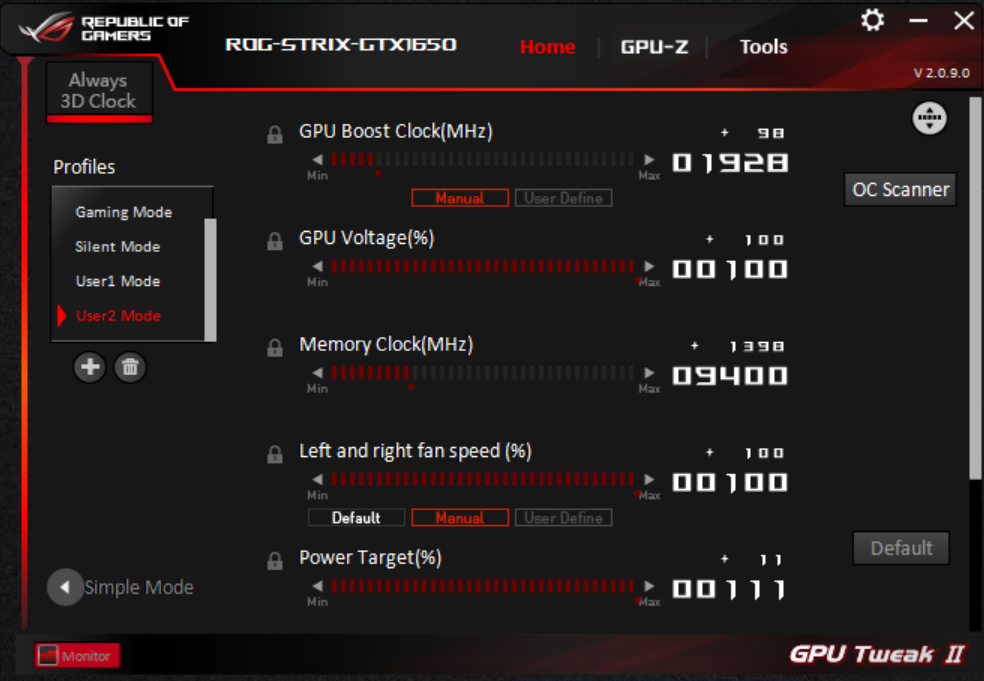

That’s not much of a negative though, as power consumption and performance are highly correlated with Rocket Lake. Performance-wise, the Asus performed as expected under default conditions but tended to trail the other tested boards with Adaptive Boost enabled. A budget Realtek S1200A codec powers the audio system. Wi-Fi 6 (not 6E) and 2.5G Ethernet should be adequate for a typical gaming system. The Type-C 20Gbps USB port is joined by two USB 3.2 Gen2, two 3.1 Gen1 and two 2.0 ports (The USB naming scheme sucks!) Ideally, we’d like to see a couple more USB ports as they can be taken up quickly. Note that you get six and eight pin power connectors which is enough for an 11900K with adaptive boost, but its not a board that you’d use for serious no offset AVX overclocking. When subjected to 10 minutes of Cinebench looping, the recorded temperature was just 60☌, which is a very good result. It’s cooled by two heatsinks that are best described as adequate in terms of size. Thankfully the TUF Gaming Z590 has a 14+2 phase DrMOS power delivery system. Because of the power-hungry Rocket Lake architecture, cheap VRM solutions are an absolute no-no for Z590 boards.


 0 kommentar(er)
0 kommentar(er)
